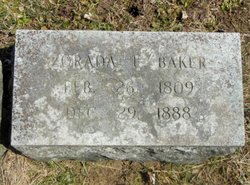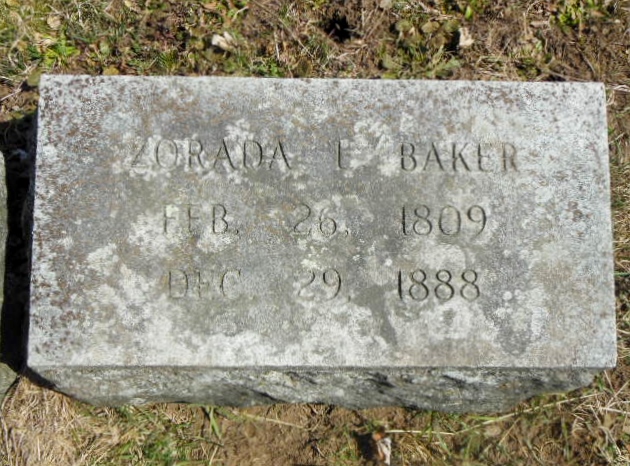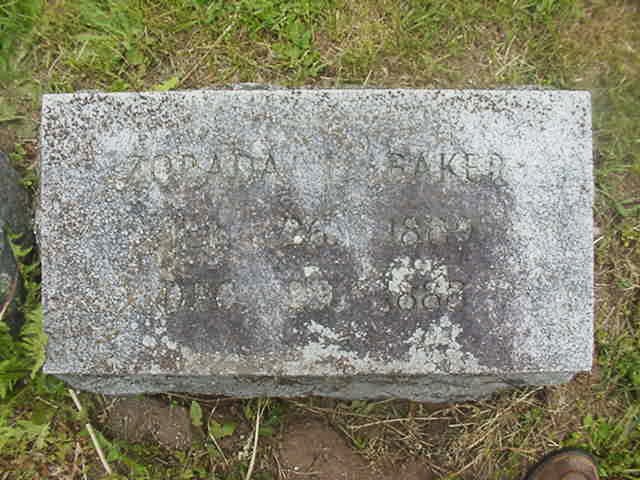Attracted by business opportunities to the new towns growing up in the Hudson valley, he found employment at Lansingburg, N.Y., and in July, 1793, married Ruth, eldest daughter of Captain Reuben Willard, and settled in Waterford; and there most of their children were born.
Between the mills, factories, and numerous river craft, he found constant occupation, and with the passing of years became well known to men in all lines of business, as a reliable workman in both branches of his business.
In 1822, Henry Burden, the Ironmaster, became connected with the Troy Iron & Nail Factory; which had been organized in 1811; and at once instituted a series of improvements. The sliting mill and nail machines were driven by two small waterwheels, (one on each end of the power shaft), and after the construction of a greater dam, and pond, on Wynantskill, he determined to build a great Rolling Mill, and utilize all available water.
About 1827, he devised a monster waterwheel, entrusting its erection to Mr. Wright, who journeyed to the upper courses of the Hudson with men and teams; found a giant oak suited to his purpose; felled it, and from its massive trunk took a large section; transporting it in winter on sleds to the foot of the fall; where it was fashioned into the shaft of an overshot wheel, sixty feet in diameter, twenty-two feet broad, with thirty-six buckets six feet deep; which when completed was declared to be the greatest of its kind in the known world: furnishing for many years motive power for the entire plant. That wheel was displaced about 1850, by an iron-latticed wheel, of equal dimensions, which for more than fifty years attracted interested visitors to those works; that too, having been superseded by greater steam power, has fallen a victim to the "tooth of time."
In 1833, Mr. Burden undertook the building of a large river steamer on a catamaran model, the twin hulls of which (like immense cigars,) were also constructed by Mr. Wright; but the unfortunate "Helen of Troy" had but a brief career. Later he built for Dr. Dubias, the hull of a small vessel which was propelled by a three-bladed screw wheel; she was sent down the river to New York, thence by inside waterways through New Jersey, to Philadelphia; and a few years afterward went up the Red river to Texas.
Removing about 1839, with his youngest son to a farm in the town of Sodus, Mr. Wright lived a quiet, but active life until 1851, when after a hearty dinner he seated himself near an open window, and was suddenly stricken; dying without recovering consciousness. Mrs. Zorada (Baker) Ackerman, at whose home he expired, was a sister of Capt. John J. Baker, husband of Mr. Wright's daughter Catherine.
Source: Original data: Phelps, James Andrew,. Heroic Willards of '76 : life and times of Captain Reuben Willard of Fitchburg, Mass., and his lineal descendants, from 1775 to date : profusely embellished with authentic portraits not heretofore available : register of Willards in the Revolution, and other wars : chronology of the George Willards. New York, N.Y.: Issued by the Genealogical Bureau, 1917.
Attracted by business opportunities to the new towns growing up in the Hudson valley, he found employment at Lansingburg, N.Y., and in July, 1793, married Ruth, eldest daughter of Captain Reuben Willard, and settled in Waterford; and there most of their children were born.
Between the mills, factories, and numerous river craft, he found constant occupation, and with the passing of years became well known to men in all lines of business, as a reliable workman in both branches of his business.
In 1822, Henry Burden, the Ironmaster, became connected with the Troy Iron & Nail Factory; which had been organized in 1811; and at once instituted a series of improvements. The sliting mill and nail machines were driven by two small waterwheels, (one on each end of the power shaft), and after the construction of a greater dam, and pond, on Wynantskill, he determined to build a great Rolling Mill, and utilize all available water.
About 1827, he devised a monster waterwheel, entrusting its erection to Mr. Wright, who journeyed to the upper courses of the Hudson with men and teams; found a giant oak suited to his purpose; felled it, and from its massive trunk took a large section; transporting it in winter on sleds to the foot of the fall; where it was fashioned into the shaft of an overshot wheel, sixty feet in diameter, twenty-two feet broad, with thirty-six buckets six feet deep; which when completed was declared to be the greatest of its kind in the known world: furnishing for many years motive power for the entire plant. That wheel was displaced about 1850, by an iron-latticed wheel, of equal dimensions, which for more than fifty years attracted interested visitors to those works; that too, having been superseded by greater steam power, has fallen a victim to the "tooth of time."
In 1833, Mr. Burden undertook the building of a large river steamer on a catamaran model, the twin hulls of which (like immense cigars,) were also constructed by Mr. Wright; but the unfortunate "Helen of Troy" had but a brief career. Later he built for Dr. Dubias, the hull of a small vessel which was propelled by a three-bladed screw wheel; she was sent down the river to New York, thence by inside waterways through New Jersey, to Philadelphia; and a few years afterward went up the Red river to Texas.
Removing about 1839, with his youngest son to a farm in the town of Sodus, Mr. Wright lived a quiet, but active life until 1851, when after a hearty dinner he seated himself near an open window, and was suddenly stricken; dying without recovering consciousness. Mrs. Zorada (Baker) Ackerman, at whose home he expired, was a sister of Capt. John J. Baker, husband of Mr. Wright's daughter Catherine.
Source: Original data: Phelps, James Andrew,. Heroic Willards of '76 : life and times of Captain Reuben Willard of Fitchburg, Mass., and his lineal descendants, from 1775 to date : profusely embellished with authentic portraits not heretofore available : register of Willards in the Revolution, and other wars : chronology of the George Willards. New York, N.Y.: Issued by the Genealogical Bureau, 1917.









